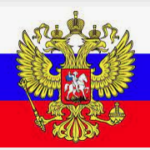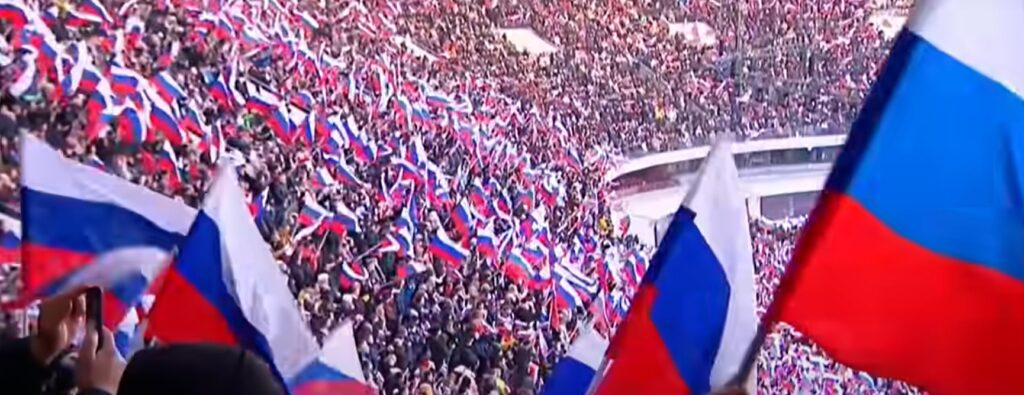If you ask the average Westerner which places in the world he would like to see, he will answer that he would like to see Paris, Rome, Venice, Barcelona, Los Angeles, Florida, the Riviera, the Alps. If you ask the same question to a man from other parts of the world, he will answer that he would like to see… Paris, Rome, Venice, Barcelona, Los Angeles, Florida, the Riviera, the Alps. Similarly, if you ask a man from the West which university he would like to study at, he will answer that Oxford, Cambridge, Sorbonne, Harvard… If you ask the same question to a man from other parts of the world, you will get the same answer. If you ask a man from the West in which banks he would like to keep his money, he will mention one of the Western banks. If you ask a non-Western man, you will get the same answer. Let’s go further. If you ask a Westerner what his favorite movies or books or music are, you will hear titles, authors and performers that belong to the Anglo-Saxon world. If you ask the same question to a non-Western man, you will get the same answer. Questions with similar content can be multiplied. The result will always be the same. And it has always been the same. Representatives of previous generations would have answered the same way, people living in the nineteenth and eighteenth centuries would have answered the same way. One could say that the world is arranged in such a way that Westerners love the West and non-Westerners also love the West. Statistically speaking, no one in France, Great Britain, Germany or the United States dreams of their child studying in Poland, Hungary, Romania or even Russia. Conversely, parents from Poland, Hungary, Romania and Russia would give a lot for their children to study in France, Great Britain, Germany or the United States.
Western political scientists and politicians should be aware of this. They should know that they wield enormous soft power. They should realize that they have enormous power over non-Westerners. They can control them almost at will. All they have to do is wave a carrot or a sausage, and a non-Westerner is ready to do almost anything, including actions that will be detrimental to his own country, to his own people. The only thing the West should not do is to use a stick, to show exaggerated contempt for non-Westerners or to be too insulting to their feelings. If Westerners can’t help but show superiority or contempt, they should show this superiority or contempt in a measured way, intensifying these demonstrations gradually so that non-Westerners don’t notice it too much. If, on top of this, the West accepts at least some of the elites of non-Western nations into its club, the West’s power over the rest of the world is guaranteed.
Unfortunately, stupidity, hubris, greed, overconfidence – you name it – cause Western elites, Western leaders, Western think tanks to continually make the same mistake: they begin to ostentatiously escalate their display of contempt, they begin to ostentatiously and excessively pillage non-Western nations, they begin to hurt these nations’ sense of dignity too quickly and too violently (such as by imposing marches of sexual deviants in morally traditional societies), all of which leads to conflict. The West has made this mistake over and over again and continues to do so, and is unable to learn from the past.
Consider Russia. The elites of this country capitulated before the West at the end of the 1980s, declared the bankruptcy of their own system, behaved with allegiance to the West, began to take over and imitate everything as far as culture is concerned, and their only dream was if not to settle or at least live for a long time in the West – because, as is known, there is paradise for humanity – then at least to recreate this West at home. The elites not only of Russia, but also of Ukraine, Poland, Czechia, Hungary, Romania and so on, as well as the elites of India and China would do anything to shed their own culture and to embrace the West. How many Indians and Chinese go to Great Britain or the United States to be able to study there or at least to see with their own eyes those countries they have dreamed of since the cradle! If smart people ruled in the West, they would use this soft power to rule over the rest of the world until… the end of the world. But no. Continue reading





















